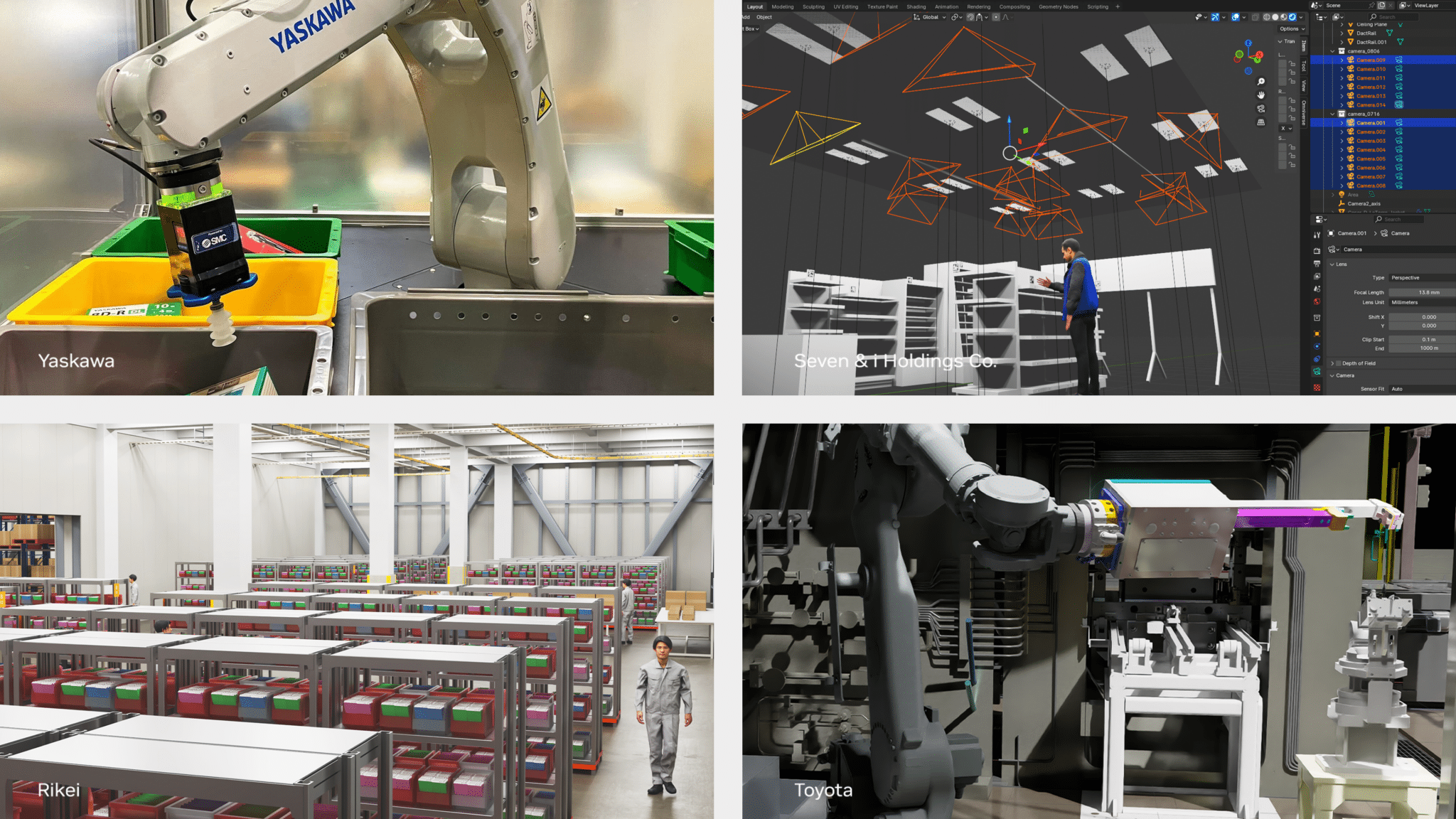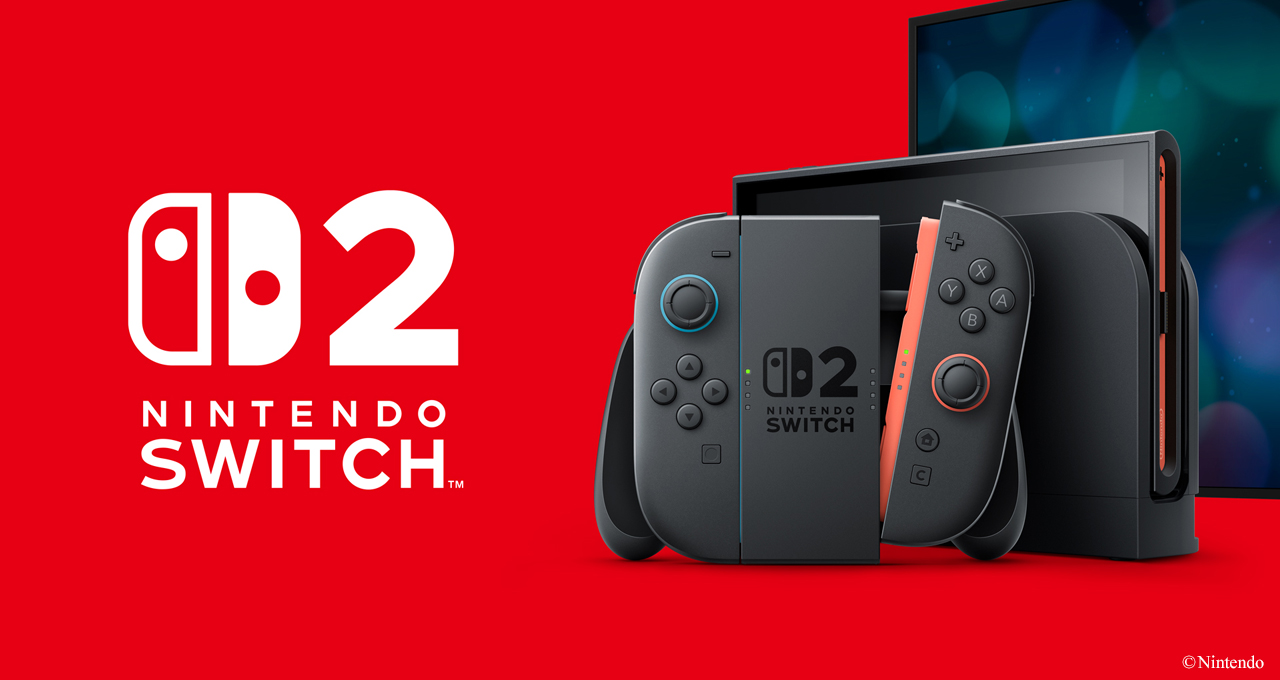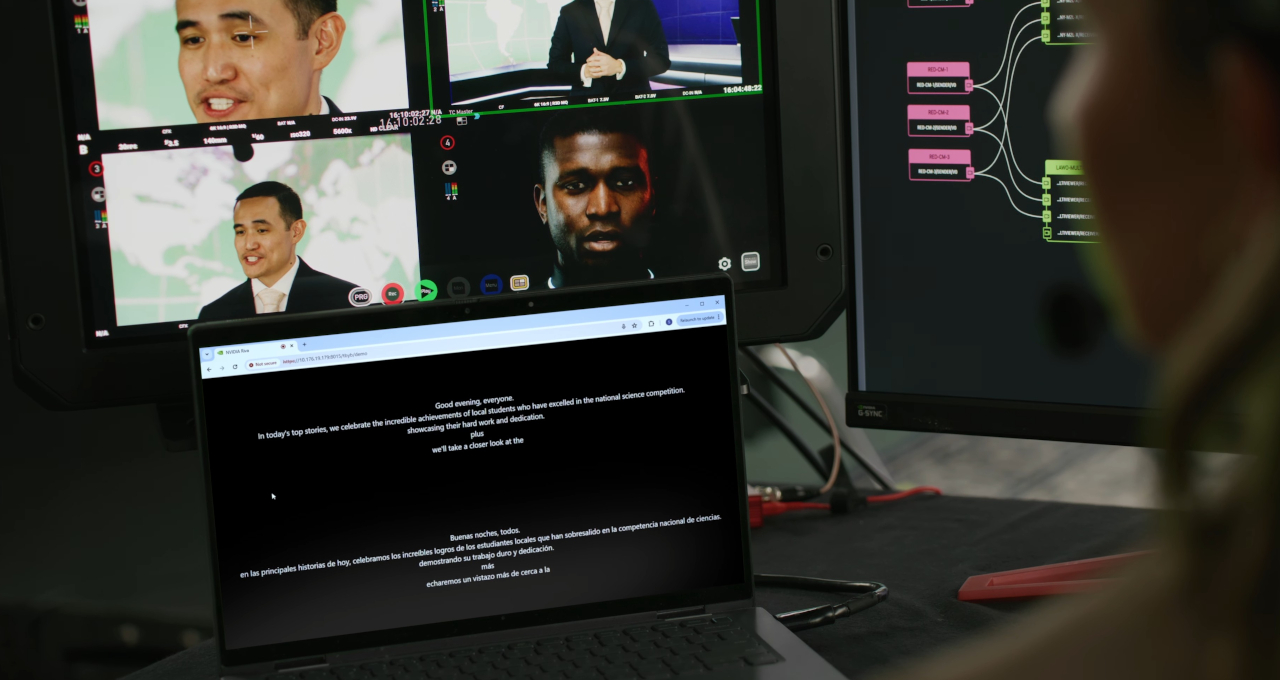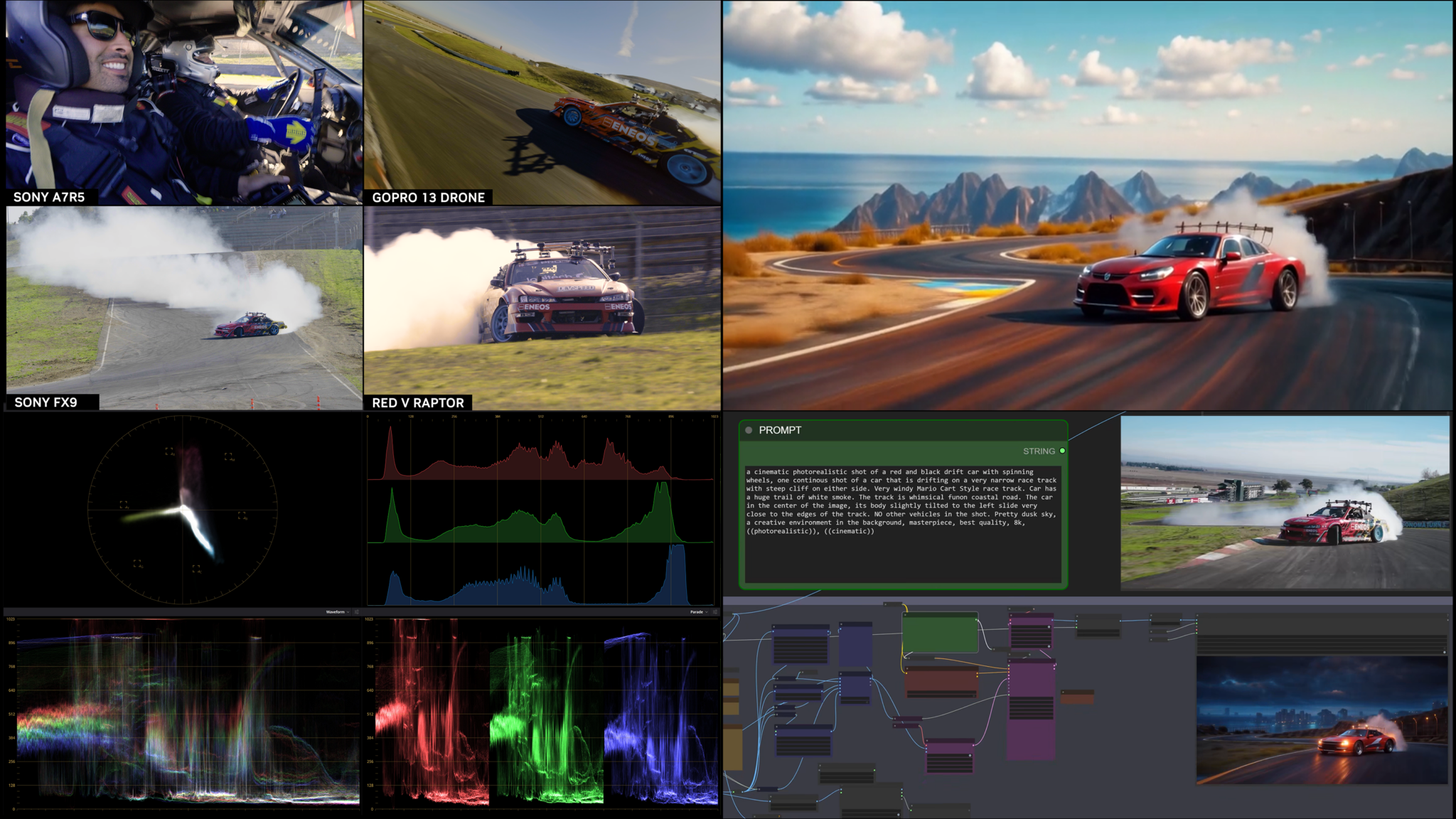
Robots transporting heavy metal at a Toyota plant. Yaskawa’s robots working alongside human coworkers in factories. To advance efforts like these virtually, Rikei Corporation develops digital twin tooling to assist planning.
And if that weren’t enough, diversified retail holdings company Seven & i Holdings is running digital twin simulations to enhance customer experiences.
Physical AI and industrial AI, powered by NVIDIA Omniverse and Isaac and Metropolis, are propelling Japan’s industrial giants into the future. Such pioneering moves in robotic manipulation, industrial inspection and digital twins for human assistance are on full display at NVIDIA AI Summit Japan this week.
The arrival of generative AI-driven robotics leaps couldn’t come at a better time. With its population in decline, Japan has a critical need for advanced robotics. A report in the Japan Times said the nation is expected to face an 11 million shortage of workers by 2040.
Industrial and physical AI-based systems are today becoming accelerated by a three computer solution that enables robot AI model training, testing, and simulation and deployment.
Looking Into the Future With Toyota Robotics
Toyota is tapping into NVIDIA Omniverse for physics simulation for robot motion and gripping to improve its metal forging capabilities. That’s helping to reduce the time it takes to teach robots to transport forging materials.

Toyota is verifying to reproduce its robotic work handling and robot motion with the accuracy of NVIDIA PhysX with Omniverse. Omniverse enables modeling digital twins of factories and other environments that accurately duplicate the physical characteristics of objects and systems in the real world, which is foundational to building physical AI for driving next-generation autonomous systems.
Omniverse enables Toyota to model things like mass properties, gravity and friction for comparing results with physical representations of tests. This can help work in manipulation and robot motion.
It also allows Toyota to replicate the expertise of its senior employees with robotics for issues requiring a high degree of skills. And it increases safety and throughput since factory personnel are not required to work in the high temperatures and harsh environments associated with metal-forging production lines.
Driving Automation, Yaskawa Harnesses NVIDIA Isaac
Yaskawa is a leading global robotics manufacturer that has shipped more than 600,000 robots and offers nearly 200 robot models, including industrial robots for the automotive industry, collaborative robots and dual-arm robots.

The Japanese robotics leader is expanding into new markets with its MOTOMAN NEXT adaptive robot, which is moving into task adaptation, versatility and flexibility. Driven by advanced robotics enabled by the NVIDIA Isaac and Omniverse platforms, Yaskawa’s adaptive robots are focused on delivering automation for the food, logistics, medical and agriculture industries.
Using NVIDIA Isaac Manipulator, a reference workflow of NVIDIA-accelerated libraries and AI models, Yaskawa is integrating AI to its industrial arm robots, giving them the ability to complete a wide range of industrial automation tasks.
Yaskawa is using FoundationPose for precise 6D pose estimation and tracking. These AI models enhance the adaptability and efficiency of Yaskawa’s robotic arms, and the motion control enables sim-to-real transition, making them versatile and effective at performing complex tasks across a wide range of industries.
Additionally, Yaskawa is embracing digital twin and robotics simulations powered by NVIDIA Isaac Sim, built on Omniverse, to accelerate the development and deployment of Yaskawa’s robotic solutions, saving time and resources.
Creating Customer Experiences at Seven & i Holdings With Omniverse, Metropolis
Seven & i Holdings is one of the largest Japanese diversified retail holdings companies. The Japanese retail company runs a proof of concept to understand customer behaviors at its retail outlets with digital simulation.
Seven & i Holdings is pushing its research activities by tapping into NVIDIA Omniverse and NVIDIA Metropolis to better understand operations across its retail stores. Using NVIDIA Metropolis, a set of developer tools for building vision AI applications, store operations are analyzed with computer vision models, helping improve efficiency and safety. A digital twin of this environment is developed in an Omniverse-based application, along with assets from Blender and animations from SideFX Houdini.

Combining digital twins with price recognition, object tracking and other AI-based computation enables it to generate useful behavioral insights about retail environments and customer interactions. Such information offers opportunities to dynamically generate and show personalized ads on digital signage displays targeted to customers.
The retailer plans to use Metropolis and the NVIDIA Merlin recommendation engine framework to create tailored suggestions to individual shoppers, responding to customer interests — based on data — like never before.
Virtually Revolutionizing, Rikei Corporation Launches Asset Library for Digital Twins
Rikei Corporation, a systems solutions provider, specializes in spatial computing and extended reality technology for the manufacturing sector.
The technology company has developed JAPAN USD Factory, which is a digital twin asset library specifically for the Japanese manufacturing industry. Developed on NVIDIA Omniverse, JAPAN USD Factory reproduces materials and equipment commonly used in manufacturing sites across Japan in a digital form so that Japanese manufacturers can more easily build digital twins of their factories and warehouses.

Rikei Corporation aims to streamline various stages of design, simulation and operations for the manufacturing process with these digital assets to enhance productivity with digital twins.
Developed with OpenUSD, a universal 3D asset interchange, JAPAN USD Factory allows developers to access its asset libraries for things like palettes and racks, offering seamless integration across tools and workflows.
To learn more, watch the NVIDIA AI Summit Japan fireside chat with NVIDIA founder and CEO Jensen Huang.
Blog Article: Here






